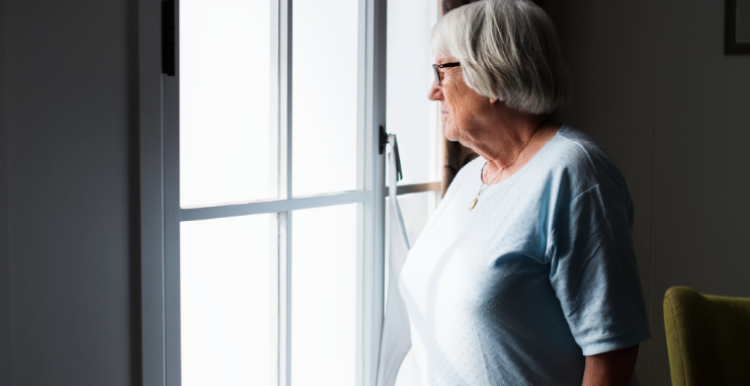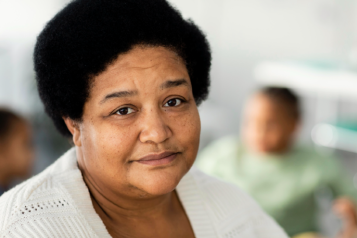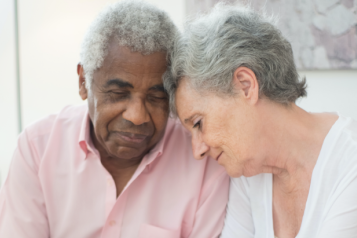Joined up health and social care services: Deirdre and Mike
Names have been changed to protect the identity of the people in this story.

Deirdre and Mike’s story: Rapid deterioration and death following unsafe hospital discharge
Deidre is in her 70s and lives in a village near Stroud. In December 2022, her husband Mike was admitted to hospital with a chest infection, and he was so unwell that Deidre worried he might be developing pneumonia.
Mike was wandering and lost in hospital
On one occasion, she received a call from Mike who said he didn’t know where he was. Deidre put this down to confusion caused by the morphine he was taking, and she explained to Mike that he was at the hospital, but he replied that he didn’t know where in the hospital he was.
It transpired that while unwell and under the influence of strong pain relief, Mike had managed to leave his ward and wander into some kind of hospital store cupboard. Deidre felt that suitable monitoring and supervision would have prevented this and feels that hospital staff “didn’t look after Mike at all’.
“I looked at him and knew he shouldn’t be coming home.”
On Christmas Eve, in the evening, hospital staff told Deidre that Mike was being discharged, but she did not believe he was well enough to leave. Deidre specifically questioned the possibility of Mike developing pneumonia, but staff assured her that this was not a concern and that Mike’s infection was clearing.
Mike himself was desperate to leave the hospital, but Deidre says she “looked at him and knew he shouldn’t be coming home.” She was under the impression that staff were keen to get as many patients off the ward as possible, with it being Christmas.
Rapid deterioration and unable to get through to NHS 111
Back at home, Mike felt ill during Christmas Day, but he refused to let Deidre call for an ambulance as he dreaded being readmitted. Concerned, Deidre tried to phone NHS 111 for advice, but she couldn’t get through to anyone. She then tried the NHS 111 online service, but again failed to reach anyone for advice. Mike told Deidre that they would wait and see how he felt in the morning.
When Mike died, it took hours to get the right support
On Boxing Day morning, Deidre woke to find that Mike had died during the night. She called 999, but when the operator asked which service she required, she was unsure. Deidre explained the situation, only to be asked by the operator whether she was sure her husband was dead. When she confirmed that he certainly was, the operator simply said: “Well which service do you require then?” Deidre wasn’t sure what to do, so requested an ambulance, but she was warned it would be a lengthy wait.
Ambulance service said Mike was ‘lowest priority’
After a number of hours, Deidre received a call from the ambulance service who said the wait would be even longer than anticipated. When she explained the situation again, Deidre was bluntly told: “You are lowest priority then, because he’s already dead.”
Police responded quickly and were ‘wonderful’
Eventually, Deidre was advised by a friend to phone the police, and they arrived within 20 minutes of her call. Deidre says the officers who visited were “wonderful”, and she only wishes she’d been instructed to ring them in the beginning.
Dierdre’s concerns had been valid, but she was not listened to by hospital staff
Mike’s cause of death was later declared to have been pneumonia, and Deidre lost any remaining faith she’d had in the hospital. Exhausted and just wanting to put their terrible ordeal behind her, Deidre did not feel able to make any kind of complaint about the way she and Mike had been treated.
What could be done differently to improve care for everyone?
- Pre-discharge assessments need to be more comprehensive.
- Concerns from loved ones should be acknowledged by hospital staff, as they know the patient best.
- NHS 111 response times need to be quicker.
- Better support and advice should be available to people calling 999 when a loved one has died.


